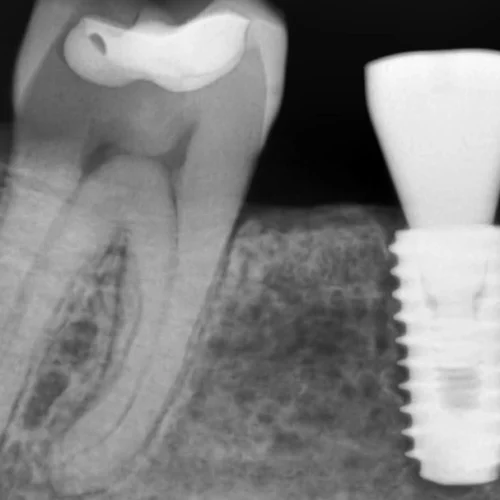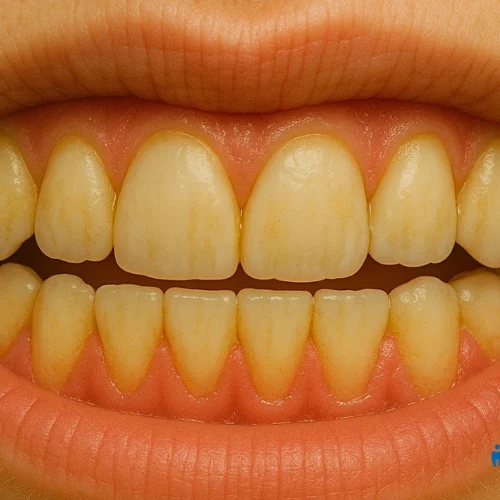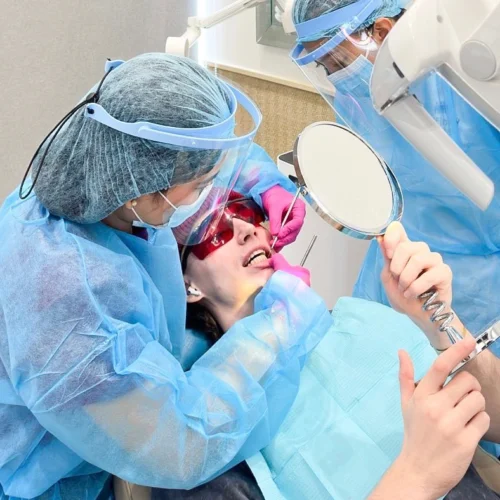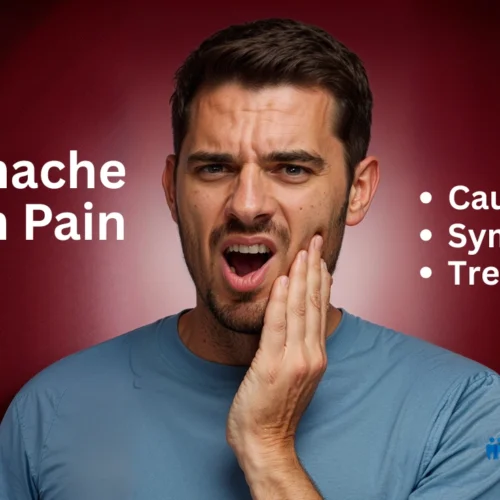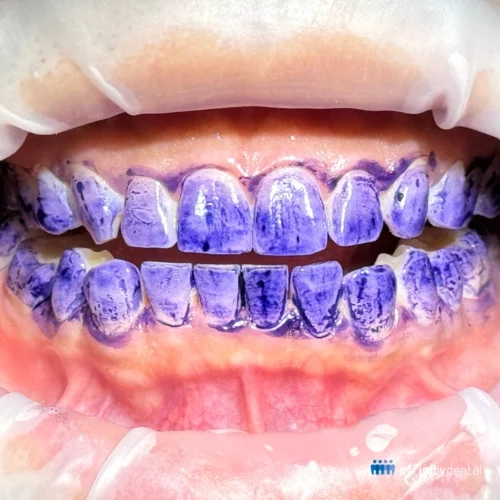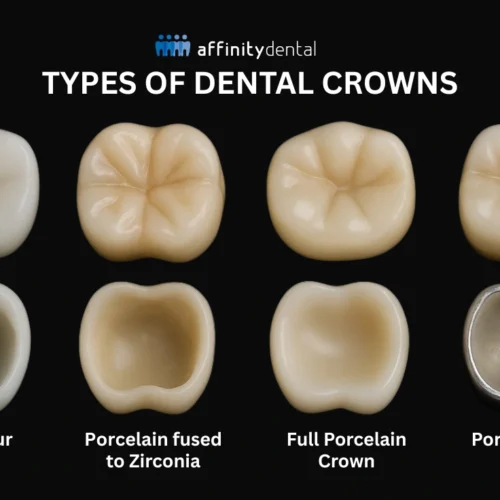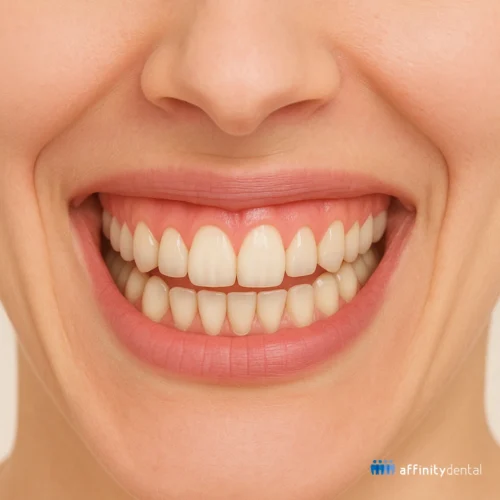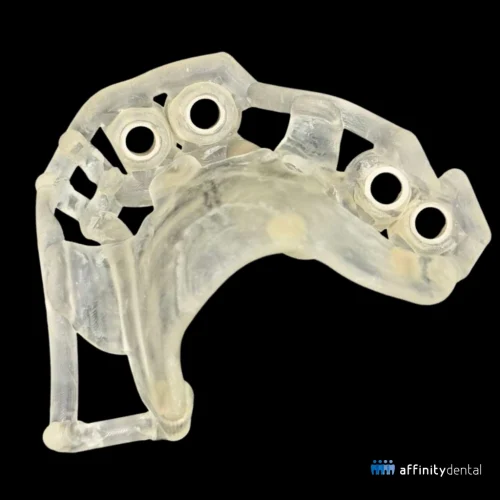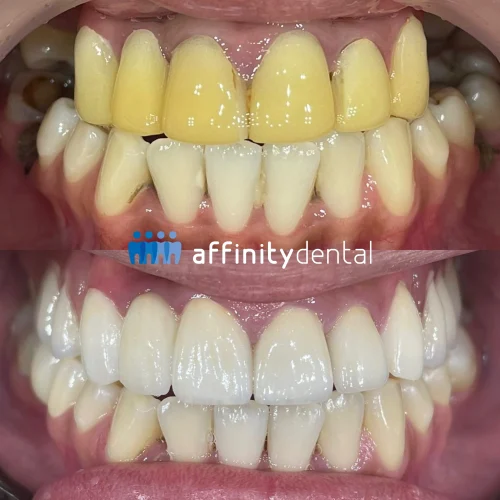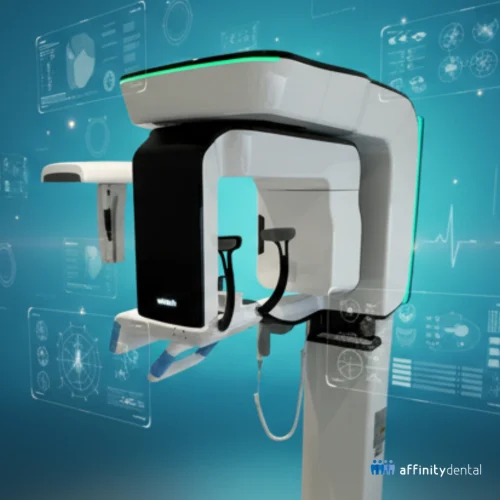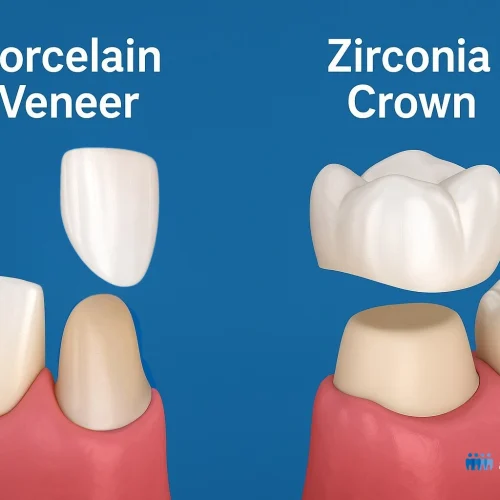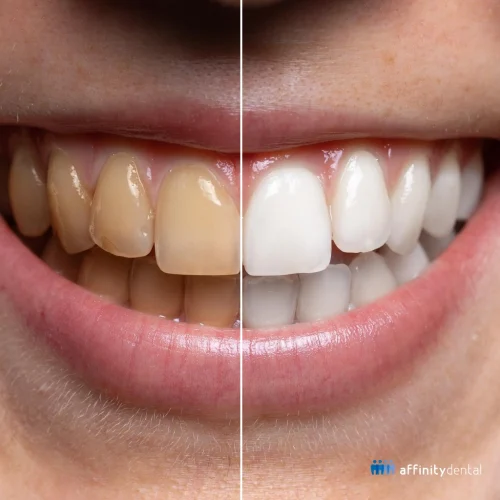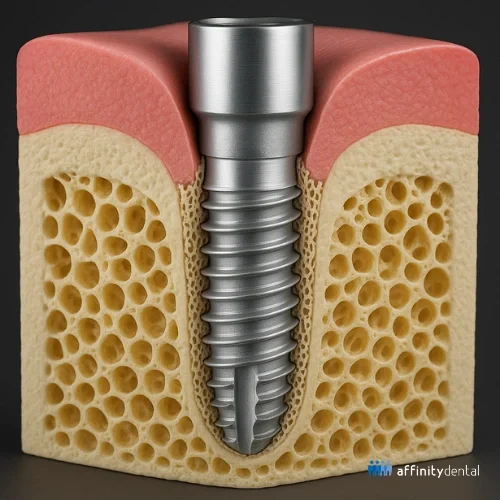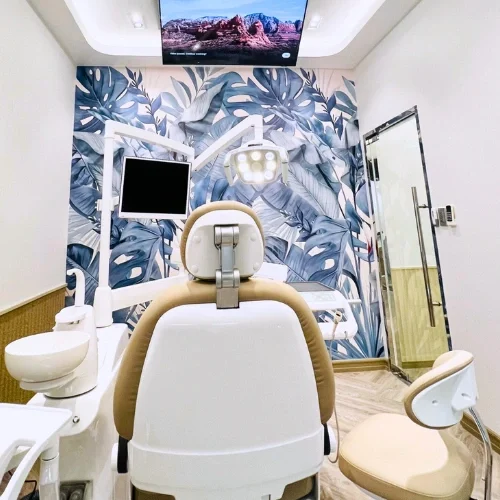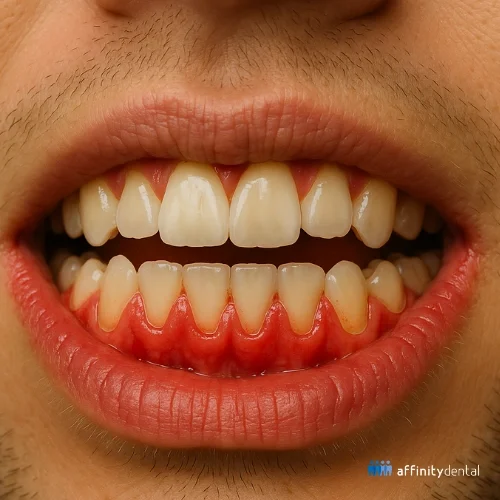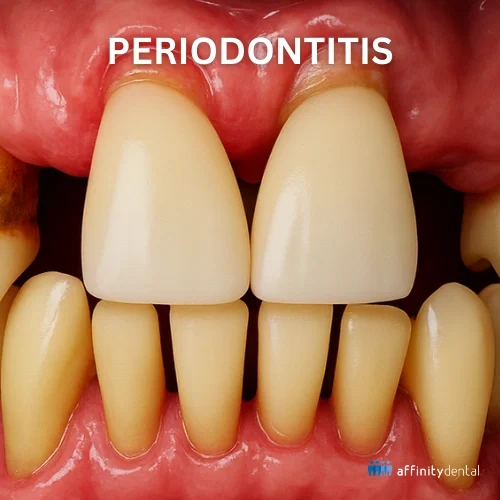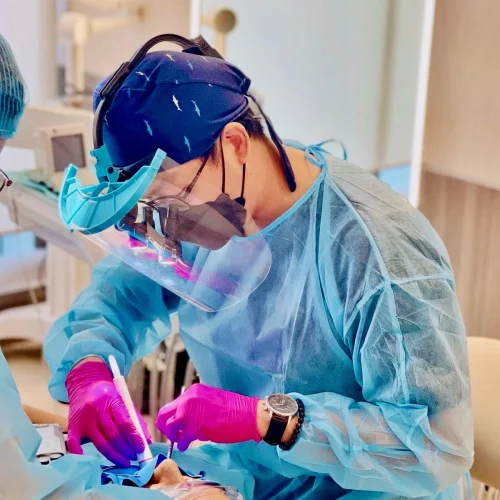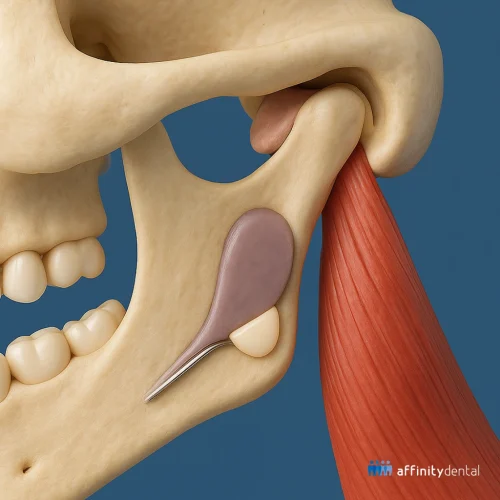
Understanding TMJ: Causes, Symptoms, and Treatment
The temporomandibular joints (TMJ) are the two small, complex joints located on each side of your face, right in front of your ears. They connect your lower jaw (mandible) to your skull and act like a sliding hinge, allowing you to chew, speak, and yawn. Because these joints are used constantly, even small problems can cause discomfort and affect daily life.
What is TMJ Disorder?
TMJ disorder (often called TMD) refers to a group of conditions affecting the jaw joint and the muscles that control jaw movement. It may involve pain, limited movement, or clicking sounds when opening or closing the mouth.
Common Causes of TMJ Problems
TMJ disorders can result from various factors, sometimes in combination:
- Teeth Grinding (Bruxism): Chronic clenching or grinding puts stress on the joint.
- Jaw Injury: A blow to the jaw or whiplash can cause lasting damage.
- Arthritis: Osteoarthritis or rheumatoid arthritis may affect the joint.
- Misaligned Bite: Uneven bite forces can strain the TMJ.
- Stress: Emotional tension often leads to jaw clenching.
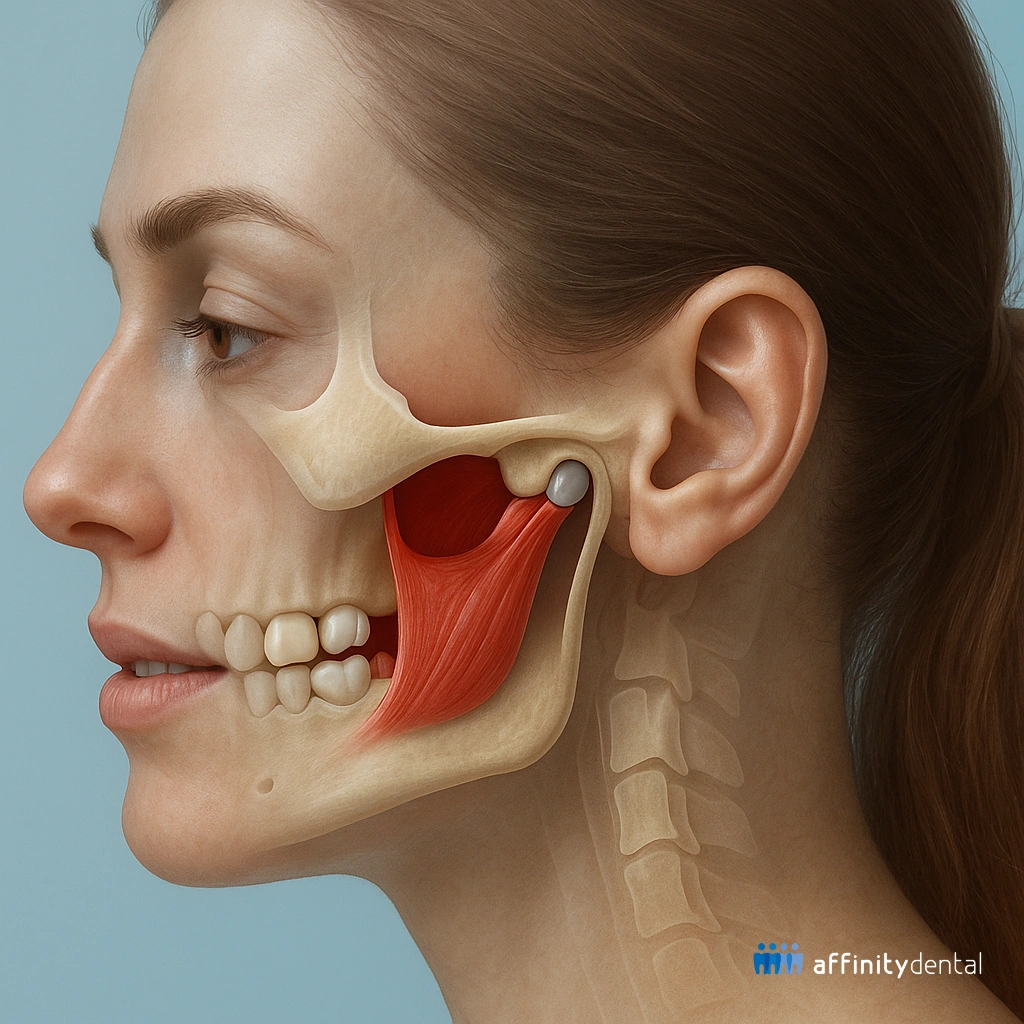
Signs and Symptoms
People with TMJ disorders may experience:
- Pain or tenderness in the jaw, face, or around the ears
- Difficulty or discomfort when chewing
- Clicking, popping, or grating sounds when opening or closing the mouth
- Limited ability to fully open the mouth
- Headaches, neck pain, or shoulder tension
- A feeling of the jaw being “locked” or misaligned
How TMJ Affects Overall Health
TMJ issues don’t just affect the jaw. They can contribute to chronic headaches, sleep disturbances, and even difficulty eating. Many patients also report that the discomfort affects their concentration, mood, and quality of life.
Is There a Cure for TMJ?
This is one of the most common questions patients ask. The answer is: there is no single universal cure for TMJ disorders, because they are not caused by just one problem. Instead, TMJ disorders represent a range of conditions affecting the joint, muscles, and bite.
- Self-Limiting Cases: For some people, symptoms are temporary and resolve on their own with rest, relaxation, and simple self-care.
- Treatable Causes: When TMJ is linked to teeth grinding, arthritis, or bite misalignment, addressing the root cause — through night guards, orthodontics, or medication — can provide lasting relief.
- Chronic TMJ: In some cases, TMJ behaves more like a chronic condition. While it can often be controlled with therapy, dental appliances, or lifestyle changes, it may not fully go away. Surgical treatment is considered only in rare, severe cases when all other options have failed.
Bottom line: TMJ is usually manageable rather than permanently curable. With the right diagnosis and treatment plan, most patients can achieve significant improvement and regain comfort in daily life.
Diagnosis of TMJ Disorders
A dentist or oral health professional can diagnose TMJ problems through:
- Medical and Dental History Review
- Physical Examination: Checking jaw movements, bite alignment, and muscle tenderness
- Imaging Tests: X-rays, panoramic radiographs, or CBCT scans for detailed joint evaluation
Treatment Options for TMJ Disorders
Treatment depends on the cause and severity, and often starts conservatively:
- Lifestyle and Self-Care
- Stress management and relaxation exercises
- Eating soft foods and avoiding extreme jaw movements
- Applying warm compresses or ice packs
- Dental and Medical Interventions
- Splints or Night Guards: To reduce grinding and clenching
- Medications: Anti-inflammatories, muscle relaxants, or pain relievers
- Physical Therapy: Exercises to strengthen and relax jaw muscles
- Orthodontic Treatment: Correcting bite alignment if needed
- Advanced Treatments
- Injections: Corticosteroid or Botox injections in some cases
- Surgical Options: Arthroscopy or open joint surgery, reserved for severe cases when other treatments fail
Living with TMJ Disorder
With early diagnosis and proper management, many people find lasting relief from TMJ problems. The key is not to ignore persistent jaw pain or clicking, as early treatment often prevents the condition from worsening.
✅ Key Takeaway: TMJ disorders are common but manageable. While there may not be a universal “cure,” modern dentistry offers a range of effective treatments that can greatly improve comfort, function, and quality of life.
Take the First Step Toward Relief
Jaw pain, headaches, and clicking joints don’t have to be part of your everyday life. At Affinity Dental Clinics, our team of dentists and specialists can help you understand the cause of your TMJ symptoms and create a treatment plan that’s right for you.
Whether you need a simple night guard, bite adjustment, or advanced care, we’ll guide you with compassion, expertise, and a focus on your comfort and long-term health.
📍 Visit us at any of our branches in Makati, BGC, Alabang, Ortigas, Parañaque, and Cebu, or book an appointment today to start your journey toward a healthier, pain-free smile.


